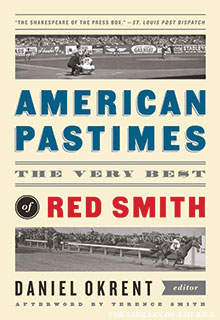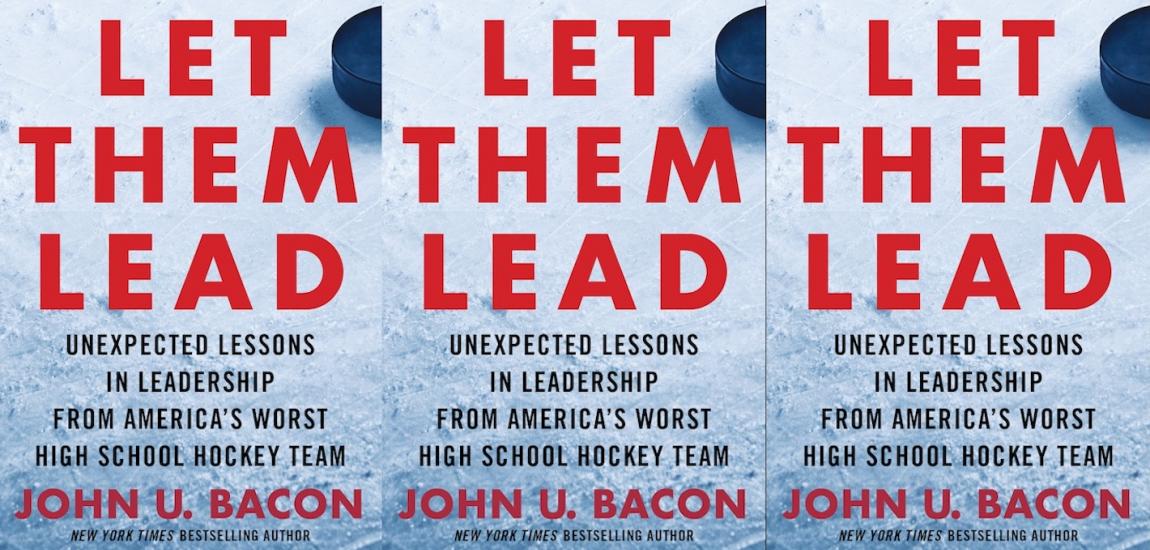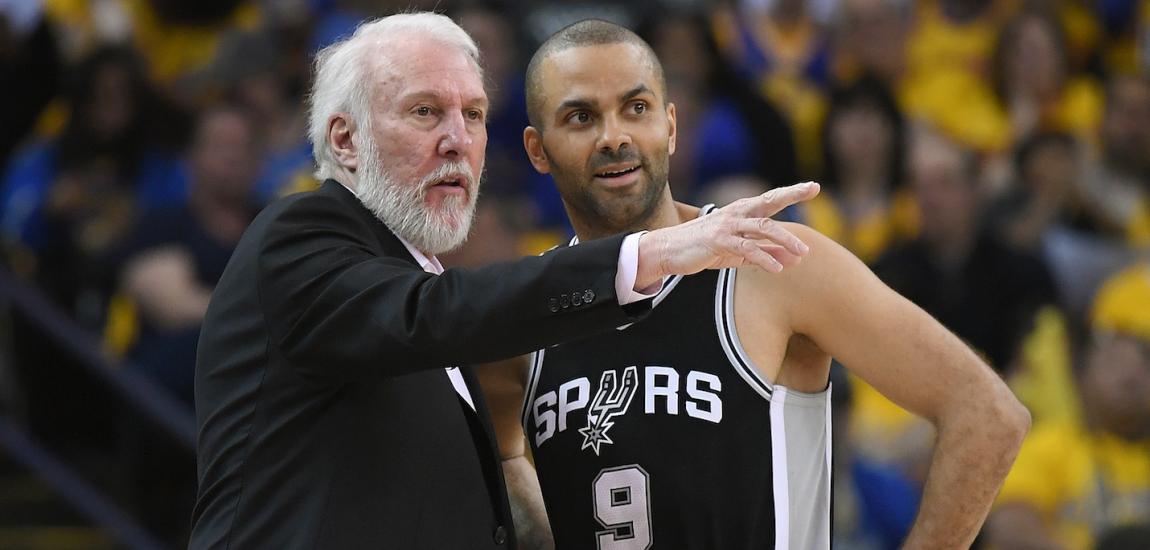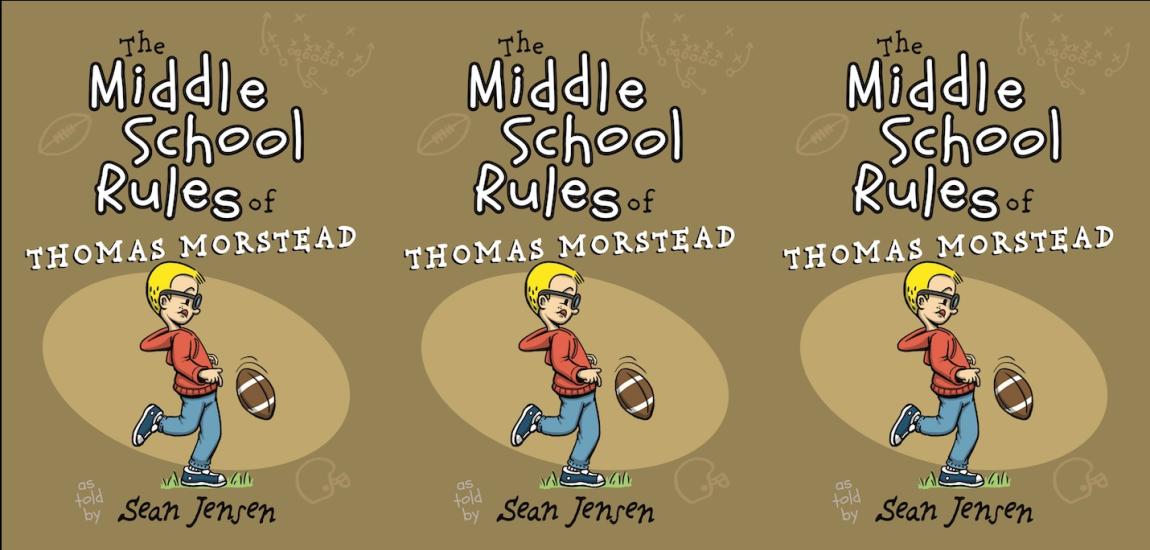Walter Wellesley "Red" Smith was the most widely read sportswriter of the last century and the first to win the Pulitzer Prize for commentary. After graduation from Notre Dame and reporting stints at the Milwaukee Sentinel, St. Louis Star and Philadelphia Record, Smith moved to New York, and there, from the 1940s to the 1980s, he wrote nationally syndicated columns for the New York Herald Tribune and later for The New York Times that traversed the world of sports with literary panache and wry humor. "I've always had the notion," Smith once said, "that people go to spectator sports to have fun and then they grab the paper to read about it and have fun again." Now, writer and editor Daniel Okrent presents the best of Smith's inimitable columns -- miniature masterpieces that set the gold standard for sportswriting --- in The Library of America's American Pastimes: The Very Best of Red Smith. Here is one of those columns:
Munich, West Germany, September 5, 1972
Olympic Village was under siege. Two men lay murdered and eight others were held at gunpoint in imminent peril of their lives. Still the games went on. Canoeists paddled through their races. Fencers thrust and parried in make-believe duels. Boxers scuffled. Basketball players scampered across the floor like happy children. Walled off in their dream world, appallingly unaware of the realities of life and death, the aging playground directors who conduct this quadrennial muscle dance ruled that a little bloodshed must not be permitted to interrupt play.
It was 4:30 a.m. when Palestinian terrorists invaded the housing complex where athletes from twelve nations live, and shot their way into the Israeli quarters.
More than five hours later, word came down from Avery Brundage, retiring president of the International Olympic Committee, that sport would proceed as scheduled. Canoe racing had already begun. Wrestling started an hour later. Before long competition was being held in eleven of the twenty-two sports on the Olympic calendar.
Not until 4 p.m. did some belated sense of decency dictate suspension of the obscene activity, and even then exception was made for games already in progress. They went on and on while hasty plans were laid for a memorial service.
The men who run the Olympics are not evil men. Their shocking lack of awareness can't be due to callousness. It has to be stupidity.
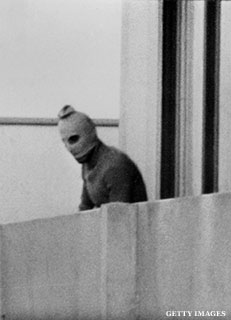
Four years ago in Mexico City when American sprinters stood on the victory stand with fists uplifted in symbolic protest against injustice to blacks, the brass of the United States Olympic Committee couldn't distinguish between politics and human rights. Declaring that the athletes had violated the Olympic spirit by injecting "partisan politics" into the festival, the waxworks lifted the young men's credentials and ordered them out of Mexico, blowing up a simple, silent gesture into an international incident.
When African nations and other blacks threatened to boycott the current Games if the white supremacist government of Rhodesia were represented here, Brundage thundered that the action was politically motivated, although it was only through a transparent political expedient that Rhodesia had been invited in the first place. Rhodesia and Brundage were voted down not on moral grounds but to avoid having an all-white carnival.
On past performances, it must be assumed that in Avery's view Arab-Israeli warfare, hijacking, kidnapping, and killing all constitute partisan politics not to be tolerated in the Olympics.
"And anyway," went the bitter joke today, "these are professional killers; Avery doesn't recognize them."
The fact is, these global clambakes have come to have an irresistible attraction as forums for ideological, social, or racial expression. For this reason, they may have outgrown their britches. Perhaps in the future it will be advisable to substitute separate world championships in swimming, track and field, and so on, which could be conducted in a less hysterical climate.
In the past, athletes from totalitarian countries have seized upon the Olympics as an opportunity to defect. During the Pan-American Games last summer in Cali, Colombia, a number of Cubans defected and a trainer jumped, fell, or was pushed to his death from the roof of the Cuban team's dormitory.
Never, of course, has there been anything like today's terror. Once those gunmen climbed the wire fence around Olympic Village and shot Moshe Weinberg, the Israeli wrestling coach, all the fun and games lost meaning. Mark Spitz and his seven gold medals seemed curiously unimportant. The fact that the American heavyweight, Duane Bobick, got slugged stupid by Cuba's Teófilo Stevenson mattered to few besides Bobick.
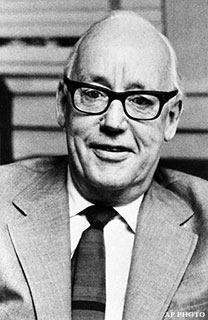
Even the disqualification of sixteen-year-old Rick DeMont from the fifteen-hundred-meter free-style swimming, in which he has shattered the world record, slipped into the background. This may be unfortunate, for it appears that the boy was undone through the misfeasance of American team officials and if this is so the facts should be made public.
The United States party includes 168 coaches, trainers, and other functionaries, which seems like enough to take care of 447 athletes. It wasn't enough, however, to get two world-record sprinters to the starting blocks for the one-hundred-meter dash and it wasn't enough to reconcile young DeMont's asthma treatments with Olympic rules on drugs.
After the boy won the four-hundred-meter free-style, a urinalysis showed a trace of ephedrine, a medicine that helps clear nasal passages. A list of forbidden drugs, released before the Games, includes ephedrine. The fact that DeMont uses it for his asthma appears on his application sheet for the Games.
Why didn't the American medical staff pick this up and make sure there would be no violation? Efforts to get an answer today were unavailing. Dr. Winston P. Riehl, the chief physician, couldn't be reached. Dr. Harvey O'Phelan declined to talk.
-- Excerpted by permission from American Pastimes: The Very Best Of Red Smith edited by Daniel Okrent. Copyright (c) 2013 by Literary Classics of the United States, Inc. Published by The Library Of America. All rights reserved. No part of this excerpt may be reproduced or reprinted without permission in writing from the publisher. Available for purchase from Amazon, Barnes & Noble and iTunes. Follow Daniel Okrent on Twitter @okrent.

